9 tips to protect your family against identity theft and credit and bank fraud
Webroot
FEBRUARY 15, 2024
With access to your personal information, bad actors can drain your bank account and damage your credit—or worse. By taking the right steps, you and your loved ones can enjoy the peace of mind that comes from identity protection. If you notice any unauthorized transactions, immediately report them to your bank or credit card company.



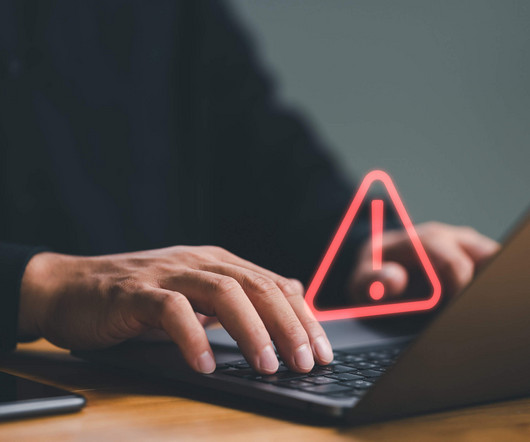
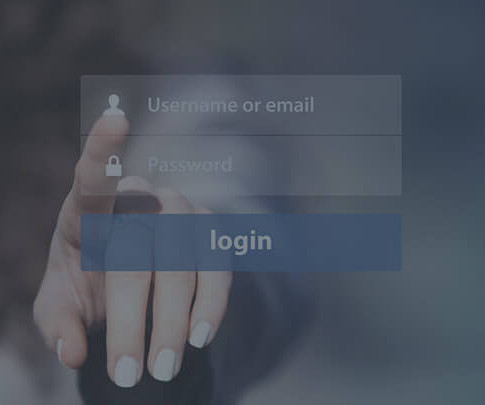

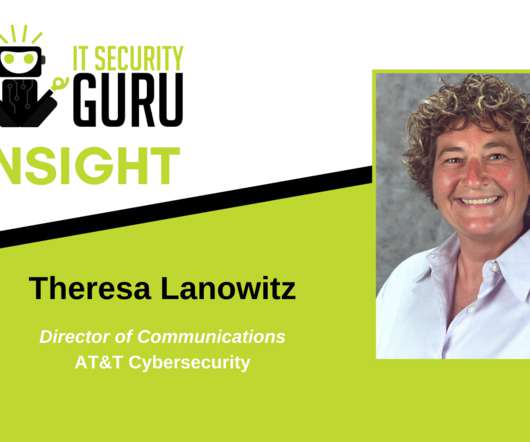

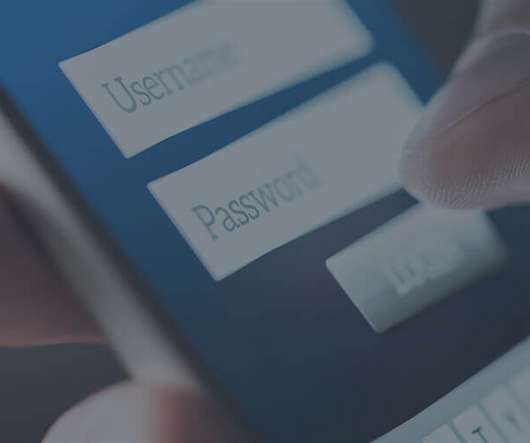

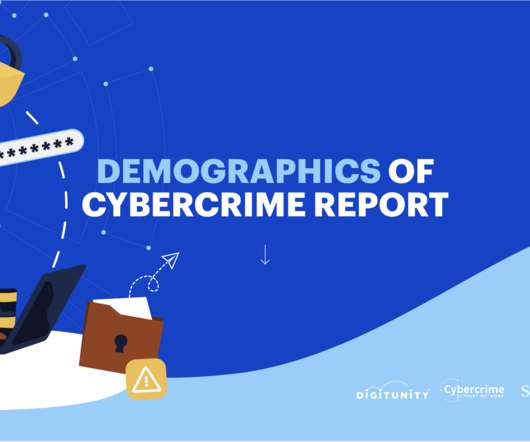






Let's personalize your content